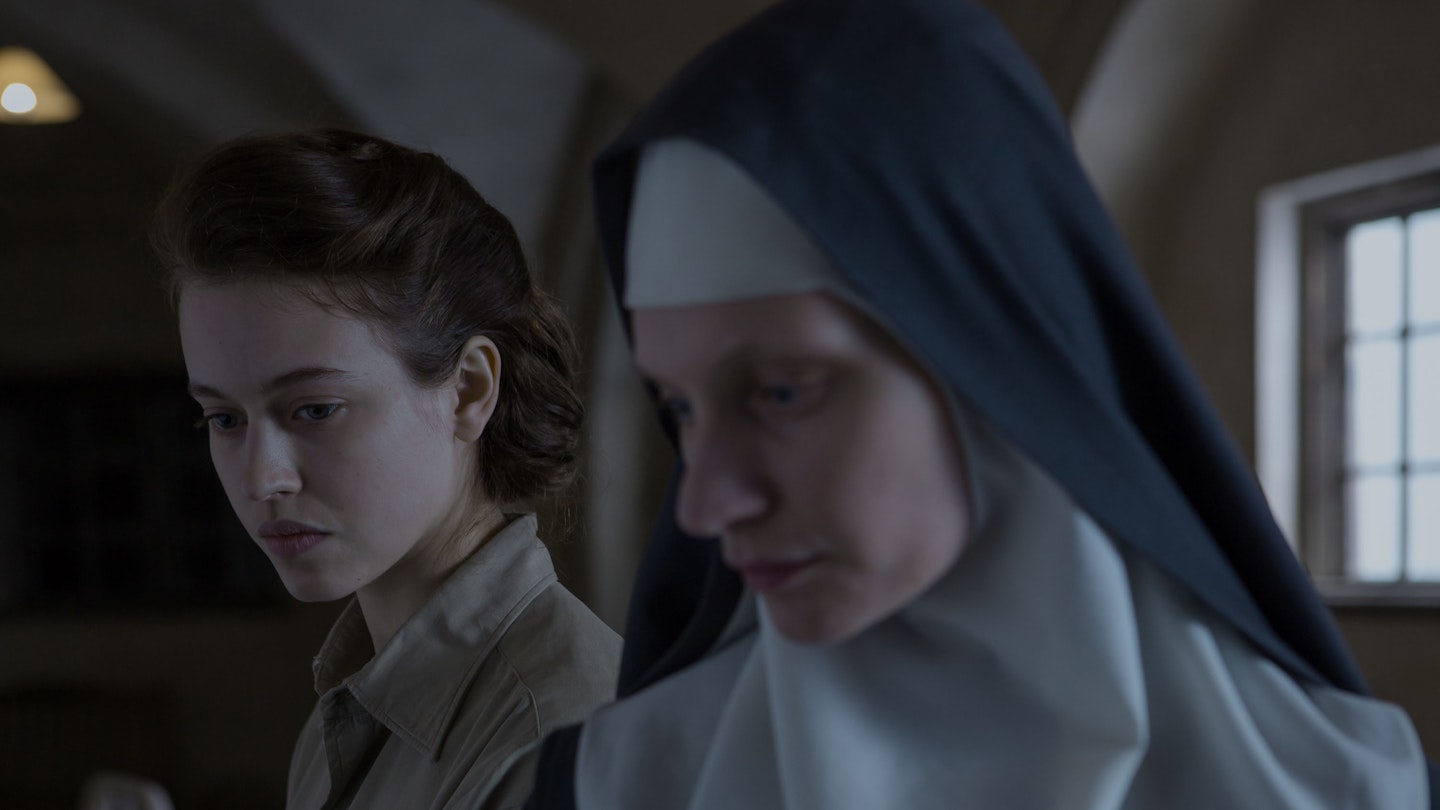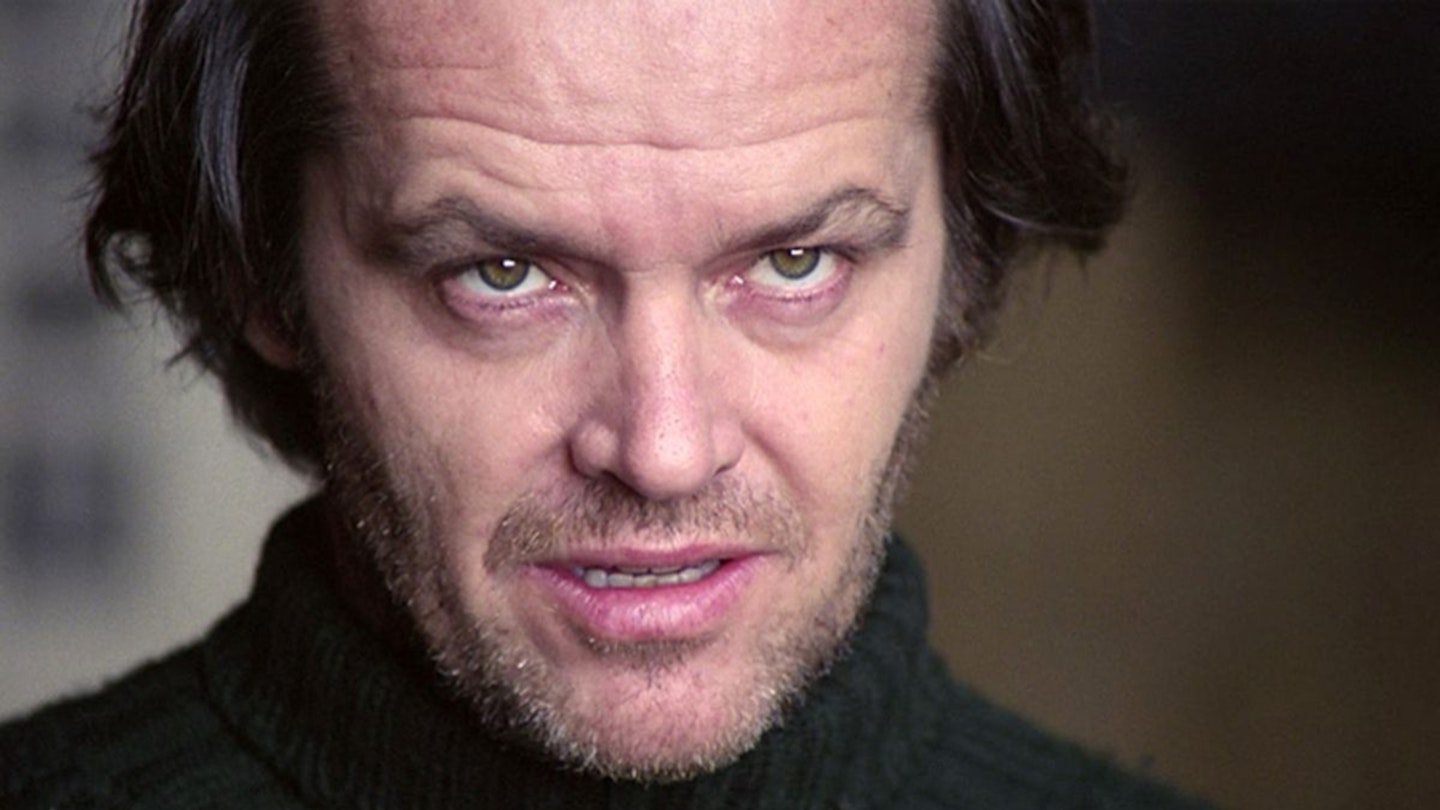Inspired by the exploits of Madeleine Pauliac, a Red Cross doctor who ministered to Polish rape victims while treating French patients at a post-war Warsaw hospital, this is a harrowing insight into the cruel realities of conflict that is bound to draw comparisons with Xavier Beauvois’ Of Gods And Men and Pawel Pawlikowski's Ida, especially as Agata Kulesza, Joanna Kulig and Dorota Kuduk appear in both films. But this also contains echoes of Max Färberböck's A Woman In Berlin and Wojciech Smarzowski's Rose, as it similarly explores the fate of women as Soviet forces turned liberation into a new form of oppression.
It would be easy to accuse the screenwriters of taking a schematic approach to a story involving a left-leaning atheist medic aiding abused Catholic nuns with the help of a smitten Jewish colleague. But director Anne Fontaine firmly places the emphasis on the common humanity of the women bound by very different vows, as doctor Mathilde (Lou de Laâge) trades the freedom to treat the traumatised sisters for not exposing a situation that the abbess (Agata Kulesza) fears will bring shame and reprisal upon her convent, as the Communists reinforce their grip on Poland and the Church is called to account for its silence during the Holocaust.
There are melodramatic moments and the denouement is a touch too cosy. But cinematographer Caroline Champetier makes evocative use of the frosty landscape and Joanna Macha's austere interiors, while nun Maria (Agata Buzek) and her peers respond to their plight and its attendant crises of faith with a humour and humility that is deeply affecting. De Laâge exudes calm assurance, but Kulesza is outstanding as the martinet mother superior hiding a terrible secret.


.jpg?ar=16%3A9&fit=crop&crop=top&auto=format&w=1440&q=80)